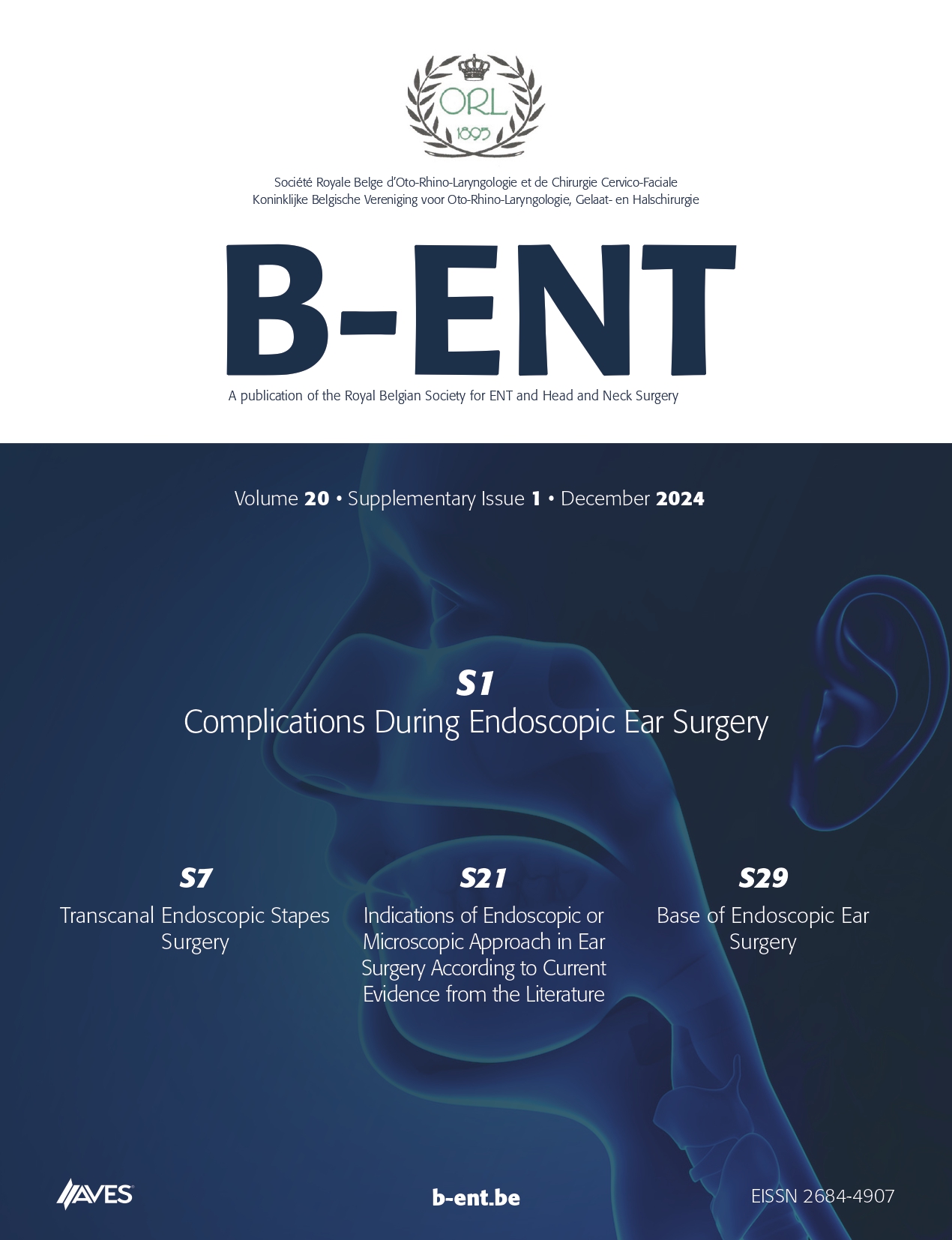Objectives: Chronic rhinosinusitis (CRS) is a common disease with a large economic burden. Many cases are involved with recurrence, despite appropriate medical or surgical treatment. Precise knowledge about pathogenesis is critical for successful therapy. Recently, it has been suggested that Helicobacter pylori (HP) play an important role in CRS. This study aim was to investigate the relationship between sinonasal HP colonization and chronic rhino sinusitis.
Methodology: This study is a case-control survey among 116 patients. Mucosal sampling was done from involved sinuses of 39 patients with refractory CRS during functional endoscopic sinus surgery (FESS). Control samples were collected from the ethmoid mucosa of 77 healthy subjects who were candidates for septoplasty. All participants were asked about symptoms related to gastro-esophageal reflux disease (GERD). The specimens were studied using the ureC (glmM) gene polymerase chain reaction (PCR) technique to determine the presence of HP. SPSS statistics version 25 was used for analysis.
Results: HP colonization was positive in 19 (48.7%) patients with CRS and 9 (11.6%) patients in the control group. The difference was statistically significant (P<0.001, odds ratio= 7.17). There was no relationship between HP colonization and GERD symptoms.
Conclusion: HP colonization was significantly more prevalent in the sinuses of patients with CRS than healthy subjects. It indicates the possible role of GERD in the pathogenesis of CRS.



.png)
